From pensions and investments to private jets and property, Rachel Reeves’s maiden Budget was wide-ranging and far-reaching.
Reeves, our first female Chancellor of the Exchequer, spent almost 100 minutes yesterday announcing tax changes, new spending commitments, and ways to grow the economy.
She also confirmed a rise in the minimum wage and state pension, and revealed whether we’d be paying more in pubs and at the petrol pump. Hidden in the big Budget document itself, we uncovered some news about ISAs and child benefit too.
We run through how the Budget will impact your money.
Income tax
The income tax rates and thresholds aren’t changing, but there was some good news in terms of increasing the thresholds in the future.
Reeves said the income tax bands would rise in line with inflation from April 2028. This avoids dragging people into higher tax bands. So, if you’re a basic-rate taxpayer and you receive a small pay rise, an increase to the higher-rate tax threshold could mean you don’t have to start paying the higher rate.
Stamp duty
If you’re buying a holiday home or a buy-to-let, get ready to start paying more stamp duty. The chancellor announced that the stamp duty surcharge, paid on second home purchases in England and Northern Ireland, will go up from 3% to 5%. This is effective from today (31 October, 2024).
Even if you’re not buying a second home, property buyers face paying extra stamp duty from 1 April, 2025. The point at which house buyers start paying stamp duty on a main home will fall from £250,000 to £125,000, reversing a previous tax cut.
For first-time buyers, the threshold will also drop back, from £425,000 to £300,000.
Capital gains tax
Investors will have to pay more capital gains tax on profits from selling shares. The rate has gone up from 10% to 18% for basic-rate taxpayers, and from 20% to 24% for higher-rate taxpayers.
If you’re selling a buy-to-let or a holiday home (in other words, an “additional property”), and you make a profit, the capital gains tax rate is unchanged.
ISAs
The ISA limit will remain at £20,000 until 2030. This is the maximum you can pay into your cash ISA and/or stocks and shares ISA each tax year. The junior ISA allowance of £9,000 will also be frozen until 2030, as will the £4,000 lifetime ISA limit.
Inheritance tax
The government will extend a freeze on the threshold for inheritance tax (IHT) to 2030. This means £325,000 can be inherited tax-free; any money or assets above this level are liable for 40% tax.
Pension pots will become liable for IHT from 2027. Currently, if say your parent dies and leaves you a pension pot, this is not usually subject to inheritance tax. But from 2027, pensions will form part of someone’s estate when they die and be liable for the tax.
Reeves also announced that AIM shares, which are often start-ups or small firms, will have to pay a reduced rate of IHT (20%) from 2026. Most of them are currently exempt from the tax.
Minimum wage
The National Living Wage, the legal minimum for over-21s, will increase by 6.7% to £12.21 an hour. The rate for 18 to 20-year-olds will also go up, from £8.60 to £10, as part of a plan to move towards a “single adult rate”.
These changes will kick in next April.
State pension
The basic and new state pension will go up by 4.1% in April due to the “triple lock”. It means someone receiving the full new state pension will see their income rise from £221.20 to £230.25 a week, providing an additional £470 a year.
Working-age benefits
Working-age benefits and the additional state pension will rise by 1.7% in April 2025, in line with inflation. This increase will see around 5.7 million families on Universal Credit gain about £150 annually.
Child benefit
The government has scrapped plans to assess child benefit on household income – rather than the highest earner’s income – undoing the Conservatives’ reforms to simplify the system. Currently, if you or your partner’s income is above £60,000 a year, you lose some of your child benefit; if it’s above £80,000, you lose all of it.
Tobacco and alcohol
The government will introduce a flat-rate tax of £2.20 per 10ml of vaping liquid, which will take effect from October 2026. Tobacco taxes will rise by 2% above inflation for the rest of this parliament, and 10% above inflation for hand-rolling tobacco.
Taxes on alcohol will increase in line with inflation – but Reeves announced a cut in draught duty by 1.7%, which she says is a penny off a pint in the pub.
Fuel duty
There is no change to fuel duty (the tax you pay on petrol and diesel). Reeves has extended the temporary 5p cut to 22 March 2026, meaning there will be no change in the duty until at least that date.
Planes and private jets
From 2026, air passenger duty will increase by up to £2 for each economy short-haul flight, and £12 for long-haul ones. Private jets will attract an extra 50% air passenger duty, up to £450 per passenger for a flight.
